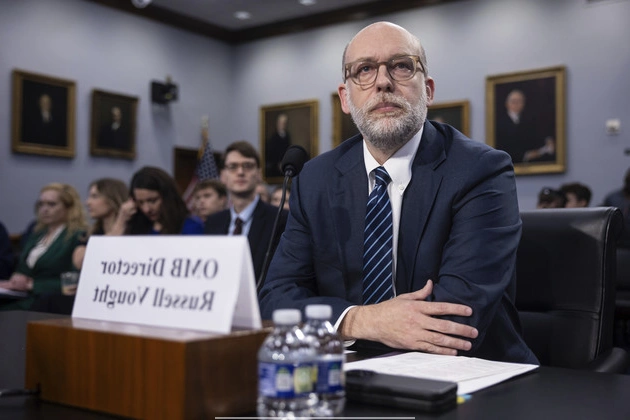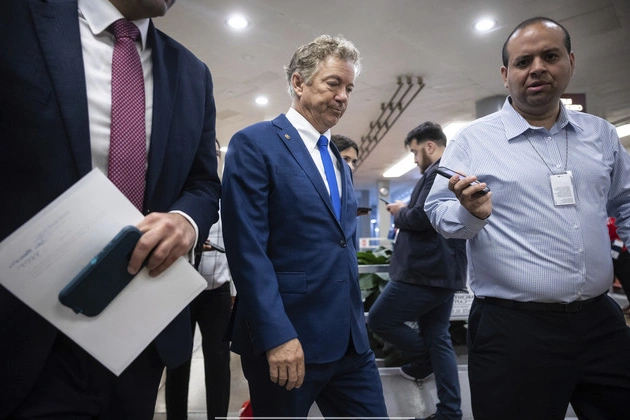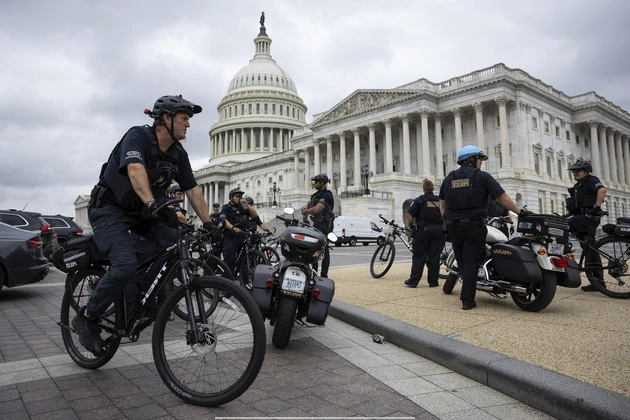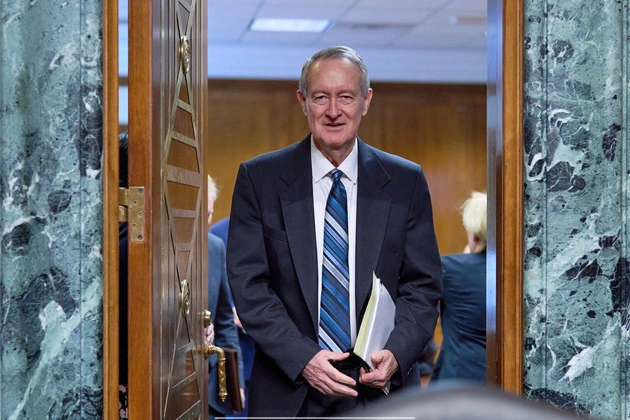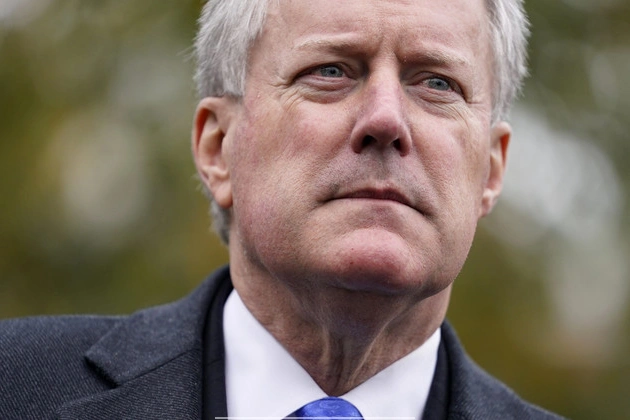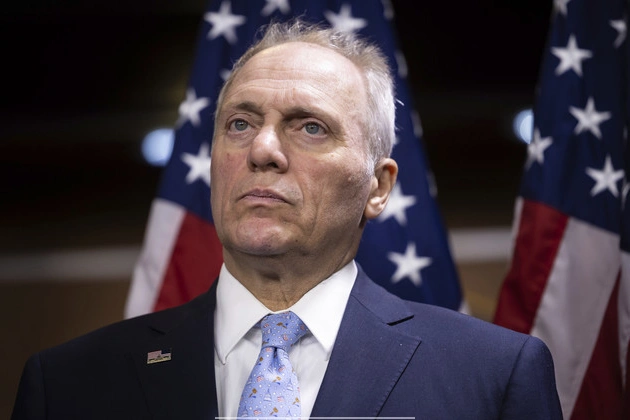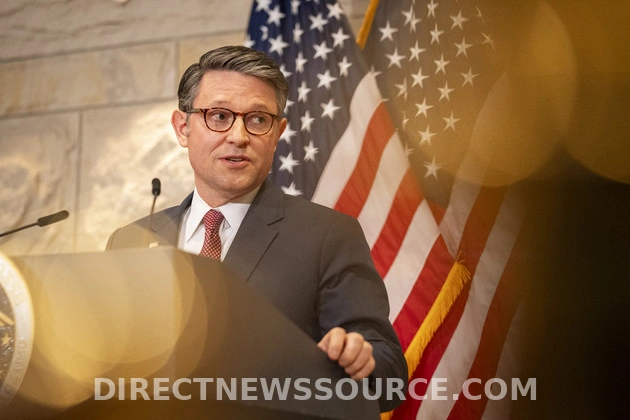
Speaker Mike Johnson faces a daunting task of securing support for a short-term spending bill amidst escalating tensions and demands within his party and from across the aisle. The negotiations have become a litmus test for his leadership amidst a backdrop of ambitious plans for the coming year.
With the need to balance GOP and Democratic interests to pass the funding extension, Johnson finds himself navigating a minefield of competing demands. The insistence on farm aid by Republicans in agriculture-heavy districts has complicated the talks, leading to additional requests from Democrats and stirring discontent among conservatives over increased spending.
The looming challenge for Johnson lies in securing unified GOP backing on Jan. 3 to retain the speakership, a task made more arduous by dissenting hardliners within his party. Efforts to appease ultraconservatives have met with resistance from farm-district Republicans, creating a rift that threatens the funding stopgap.
The push for economic aid for farmers has become a focal point of contention, with House Agriculture Chair G.T. Thompson emphasizing the urgency to shield struggling farmers from financial turmoil. Despite initial setbacks, recent discussions signal a narrowing of differences, offering a glimmer of hope for a resolution.
However, the challenges faced in the funding negotiations portend a difficult year ahead for Republicans in Congress. As Johnson steers through complex discussions on key issues like border security, taxes, and energy, the road to consensus appears fraught with obstacles and limited margin for error.
The delicate balance required to pass the government funding measure and a supplemental disaster package underscores the necessity of bipartisan support. Johnson’s ability to rally sufficient backing from both sides will be closely scrutinized, serving as a pivotal test of his leadership within the GOP.
Amidst calls to trim farm subsidies and curb spending, Johnson must navigate conflicting demands and ideological divides to secure passage of the funding deal before the looming deadline. The inclusion of economic aid for farmers remains a sticking point, with negotiations hovering around a potential $10 billion allocation, subject to further deliberations.
As Johnson grapples with internal dissent and external pressures, the intricate dance of securing support for the spending package underscores the high-stakes nature of congressional negotiations. The delicate interplay of interests and demands sets the stage for a critical juncture in Johnson’s leadership as he strives to steer the party through turbulent waters.






